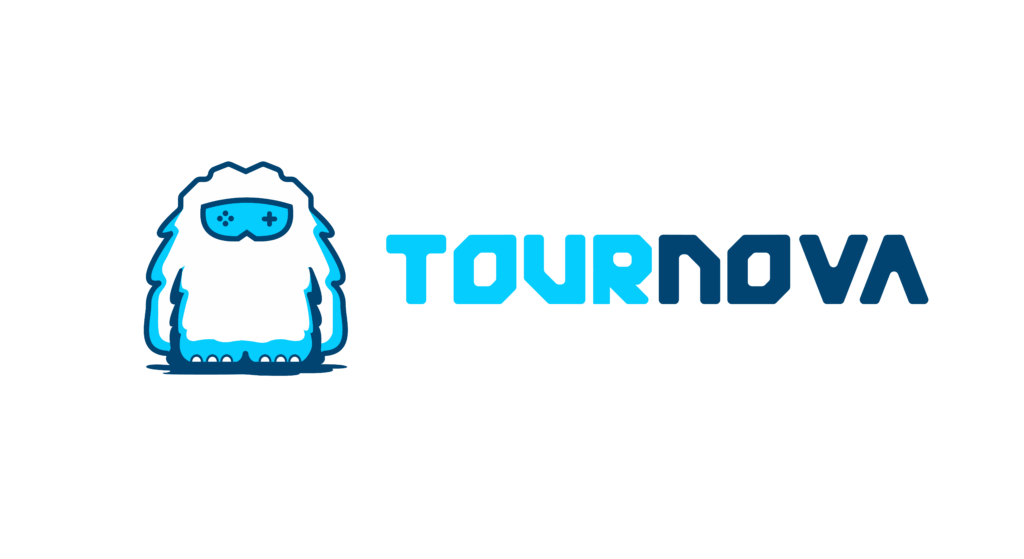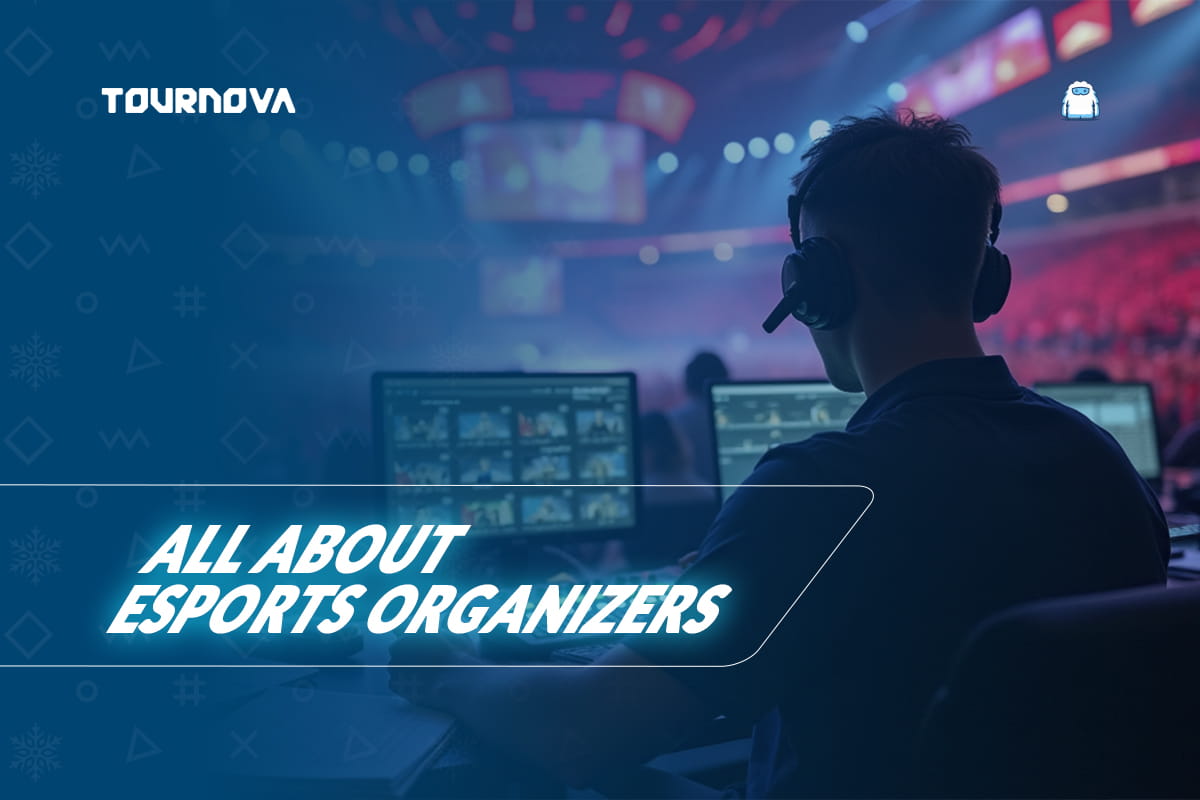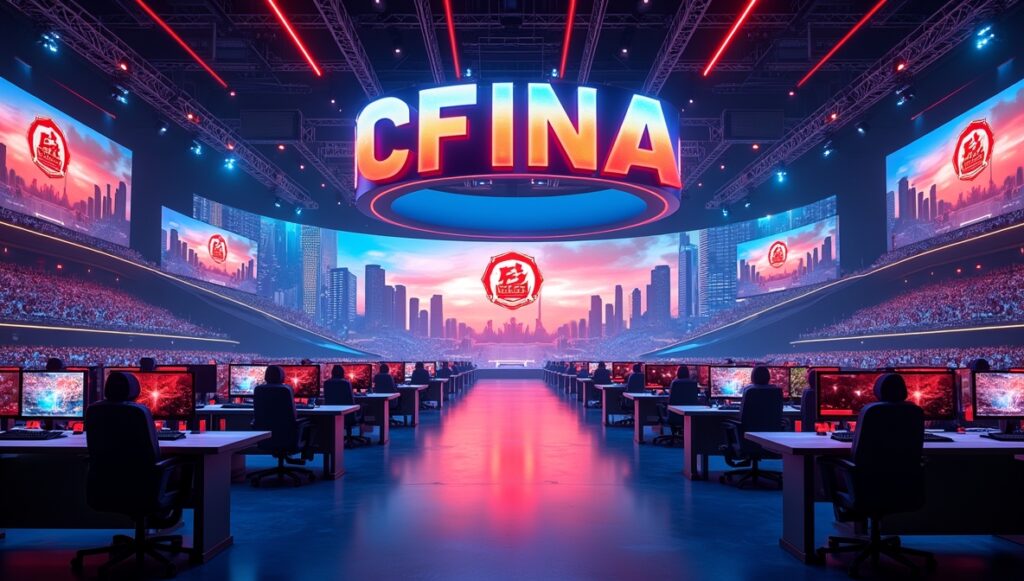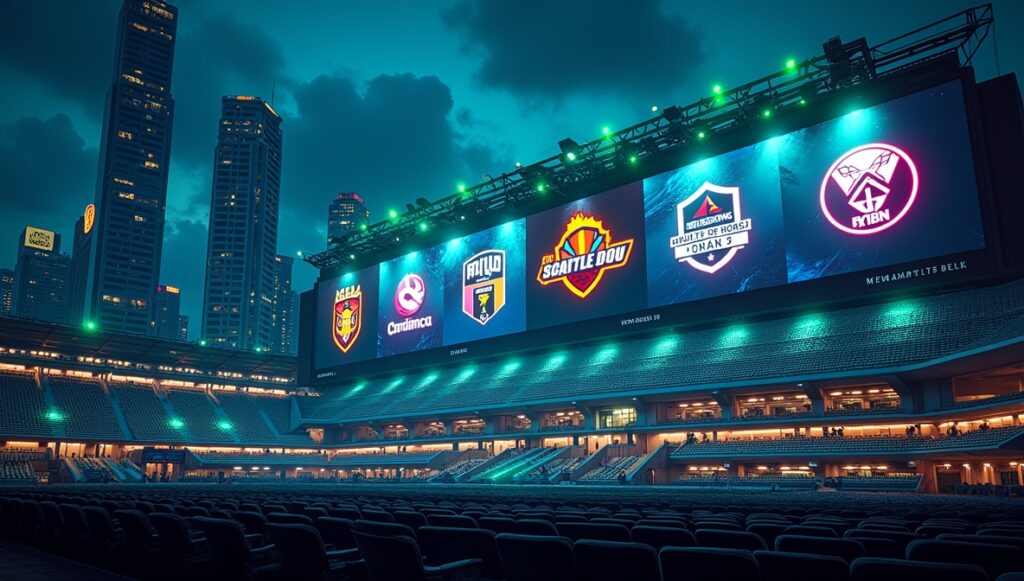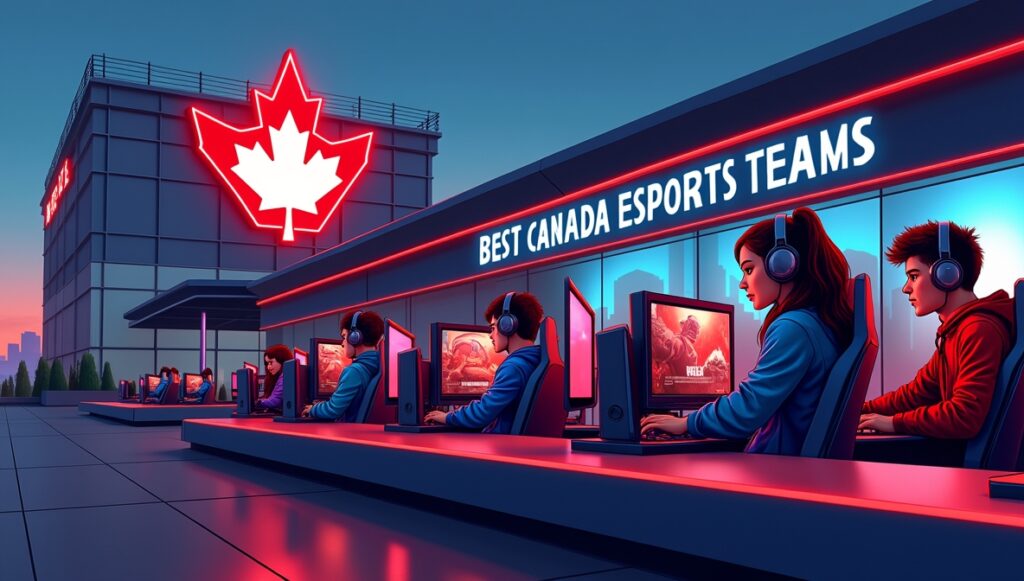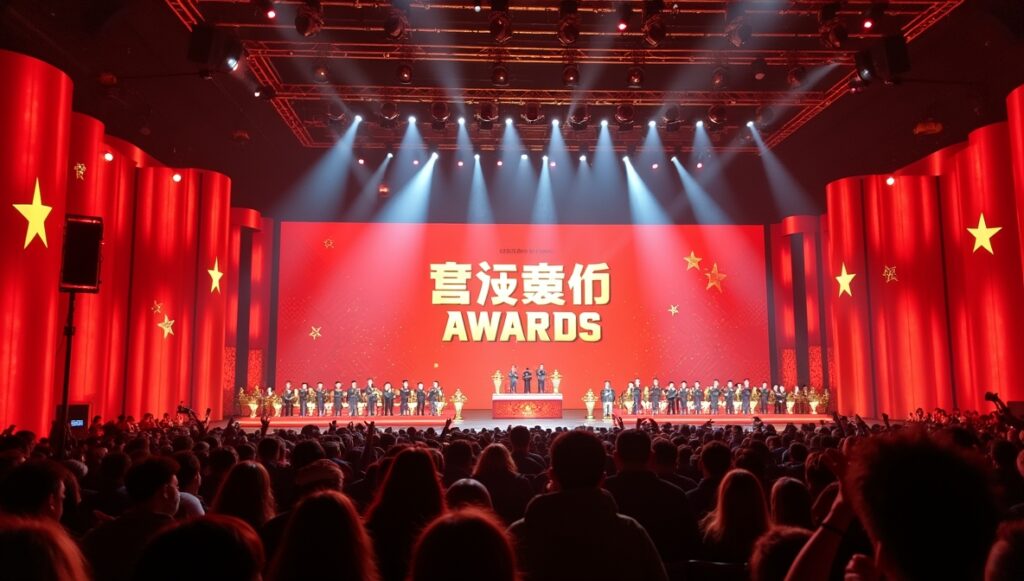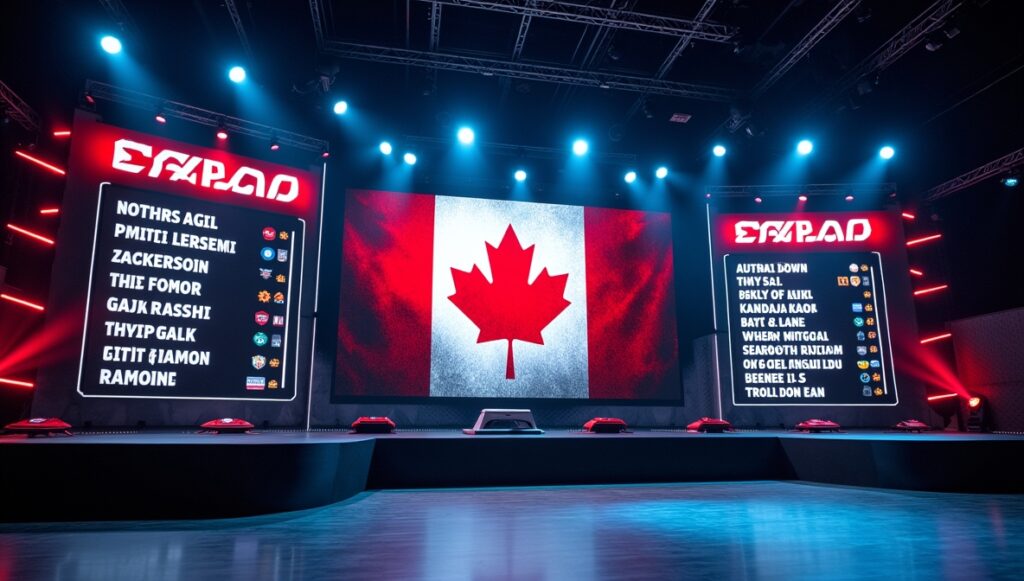It’s wild to think how, not long ago, competitive gaming felt like something that happened in bedrooms or cramped computer cafes. Now, there are arenas packed with thousands of roaring fans, million-dollar stages, and livestreams that reach more people than some traditional sports broadcasts. Have you ever wondered who’s behind all of this, the ones turning chaos into magic? Let’s dive into the world of esports organizers, the real architects of awesome gaming events.
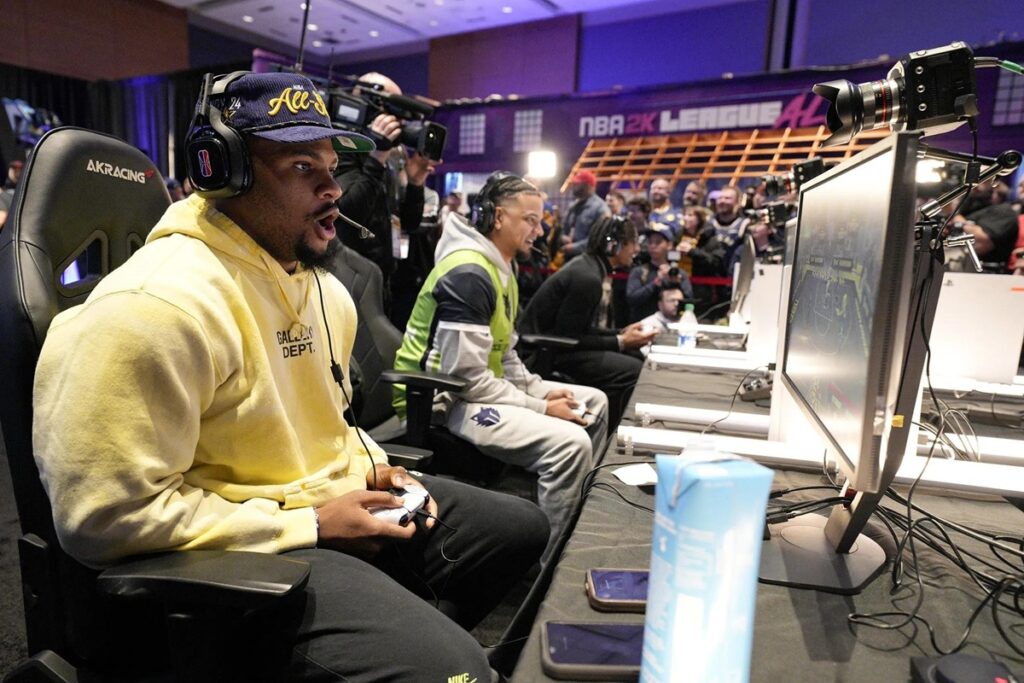
Esports Organizer: The Unsung Heroes Behind the Screens
Step into any major esports event; those insane light shows, perfectly-timed matches, and unforgettable moments aren’t born overnight. They come from the tireless work of esports organizers: individuals and companies whose whole job is to turn pixels into prestige. Whether you’re an aspiring player, a fan, or just someone who loves a good spectacle, understanding what these organizers do is the secret sauce to appreciating the thrill of competitive gaming.
1. Introduction: The Backbone of Competitive Gaming
When our favorite teams walk onto those iconic stages, it’s easy to focus on the players and their breathtaking skill. But behind the drama, there’s a network of planners, producers, and visionaries making sure everything runs smoother than a perfectly executed headshot. Esports organizers shape the storylines, set the rules, and make sure every “GG” is truly earned.
What we’ll walk through today is not just what these organizers do, but how their choices shape the entire world of competitive gaming. We’re breaking down roles, industry impact, and why it all matters for anyone captivated by esports.
2. What Is an Esports Organizer?
Picture an esports organizer as part event planner, part tournament referee, part showrunner. Their job isn’t limited to just setting a date and hoping players show up; these folks manage everything from swanky championship finals to the smallest neighborhood LAN party.
As we’ve seen, there are tournament organizers like ESL or DreamHack, who focus on massive productions; league operators like Riot Games, who develop yearlong storylines; and wildcards like Beyond The Summit, whose laid-back broadcasts and skits make even casual matches unforgettable. Each one brings a unique vibe to the esports world.
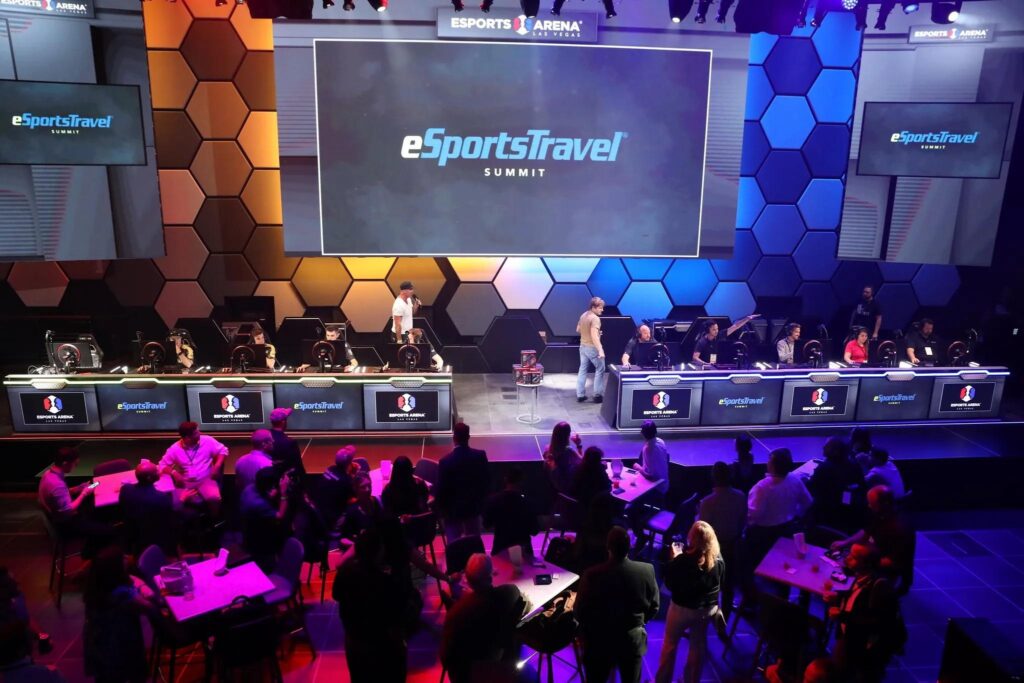
3. Core Responsibilities of Esports Organizers
A typical day for an esports organizer might start with sketching out bracket formats and end with troubleshooting server issues an hour before the grand finals. They secure venues (whether that’s a grand arena or a digital battlefield), design tournament schedules, handle travel and accommodation for international teams, and ensure every bit of equipment is ready for game day.
Organizers also build and enforce rules, fight against cheating, and coordinate with teams so that matches start on time. When they hit their stride, events feel seamless and sportsmanlike, even when the stakes (and tempers) run high.
4. Types of Esports Events Organized
Events come in all shapes and sizes in the esports universe. Some take us back to classic local LAN parties, where every handshake feels like home. Others are international giants, like The International (Dota 2) or IEM Katowice (CS2), where people fly in from across the globe.
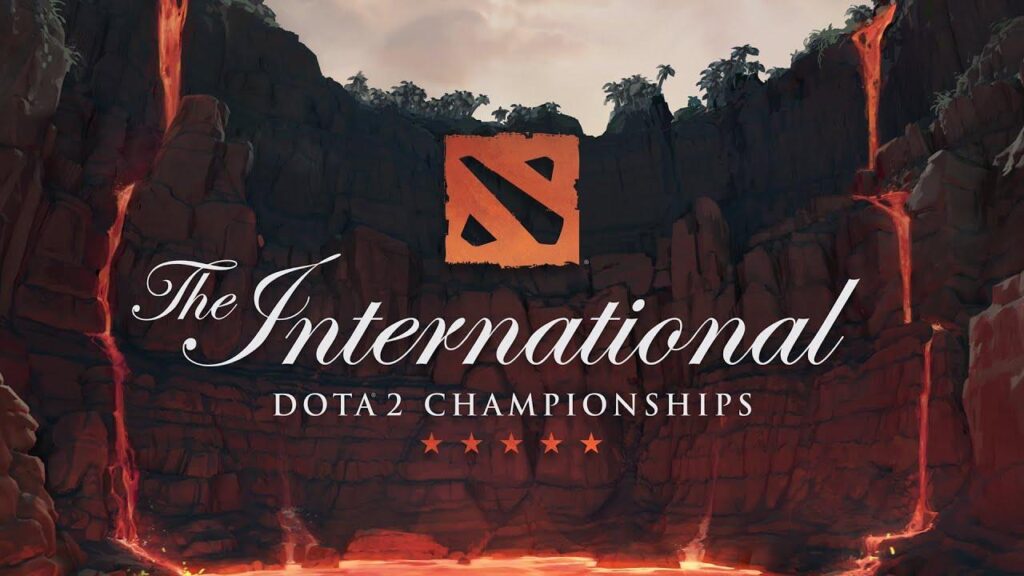
When it comes to esports organizers, we see leagues with persistent seasons, high-gloss invitationals, wild “show matches,” tense online qualifiers, and open tournaments where an unknown could become a superstar overnight. If you’ve watched League of Legends Worlds or the Valorant Champions Tour finals, you’ve seen the best of the best event production at play.
5. The Publisher’s Role: In-House vs. Third-Party Organizers
Over the years, it’s become clear that some publishers like Riot Games and Valve want full control of their event ecosystems, running everything in-house for consistent quality (just look at the meticulous storytelling of LoL Worlds). Others, such as Epic Games (Fortnite) or Capcom (Street Fighter), often rely on external experts like ESL or DreamHack for their biggest moments.
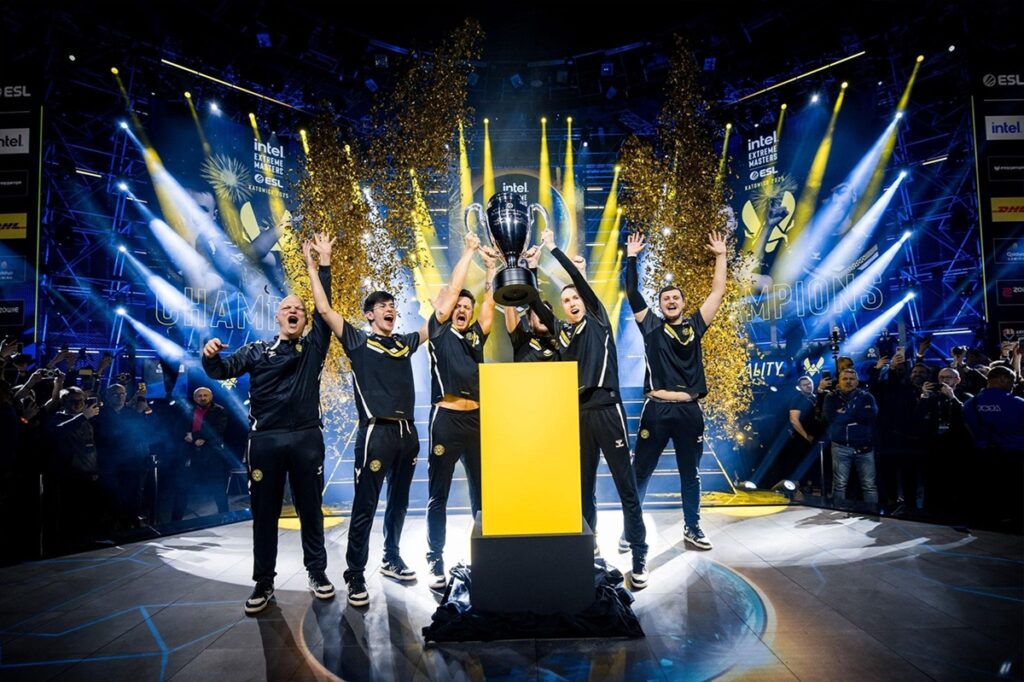
Choosing in-house means absolute continuity and powerhouse branding, while third-party crews bring innovation, diversity, and sometimes fresh chaos to the scene. Both approaches keep the ecosystem lively and ever-changing.
6. The Business of Esports Events
Revenue in esports isn’t just about ticket sales (though those packed arenas are impressive!). Organizers earn through sponsorships, media rights deals, exclusive streaming partnerships, in-game cosmetic sales, and limited-edition merchandise. They hustle to market their events, work closely with brands, and adapt to platforms where fans actually gather.
Behind the scenes, every event creates jobs for tech ninjas, marketing wizards, stage designers, and content creators. Some of us at home even get that first industry break by volunteering as event staff or social media helpers at local tournaments.
7. Challenges Esports Organizers Face
No one becomes an esports organizer for easy wins, because problems come at you fast. Securing server stability across continents, managing customs and travel delays, and juggling time zones where a “prime time” is midnight for someone are just the beginning!
Sometimes, even the best-planned event gets thrown for a loop by cheating scandals or a sudden player controversy. Adapting quickly, keeping things fair, and learning from each hiccup separates good organizers from the unforgettable ones we remember for years.
8. Top Esports Organizers You Should Know
Some names you’ll hear again and again: ESL, with its massive Intel Extreme Masters series; DreamHack, whose festivals blend concerts, cosplay, and peak competition; and BLAST, known for slick Counter-Strike events. Riot Games, of course, runs premier League of Legends and Valorant circuits, while Valve sets the bar each year with The International (TI) for Dota 2.
Each organizer has its own personality: ESL is about scale and polish; DreamHack feels like a gamer’s carnival; BLAST offers pure, explosive energy; Riot delivers narrative mastery. The faces may change, but passion and professionalism always shine through.
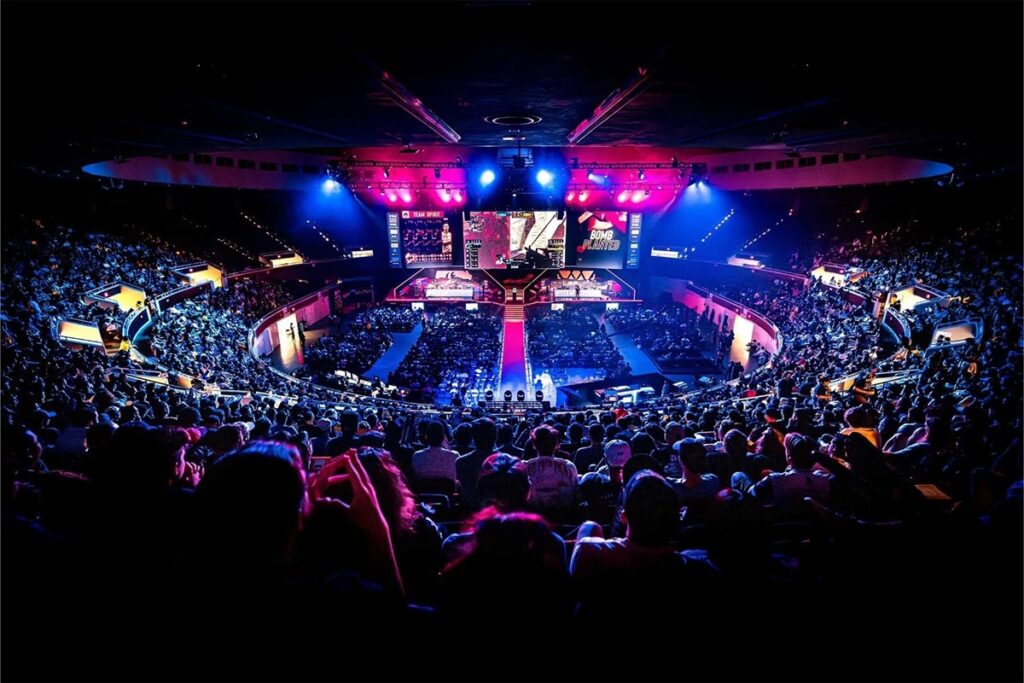
9. How to Get Involved with Esports Organizers
When we first got curious about working behind the scenes, it felt intimidating until we realized esports organizers are always looking for passionate people. Want to play? Join online qualifiers. Fancy yourself a caster or analyst? Volunteer at local or online events, build your highlight reel, and share it everywhere.
Starting out as tournament staff or in social media gives you a backstage pass to how these events are built. Networking by joining Discord groups, following organizers’ Twitter accounts, or jumping into forums helps you catch wind of new openings and connect with the right people.
Empowering the Organizers: Tournova’s Toolkit for the Next Generation of Esports Events
Much like the top esports organizers featured in the article, who bring order, excitement, and professionalism to competitive gaming, Tournova puts powerful, accessible tools into the hands of event creators on platforms gamers already love, like Telegram and Discord. With automated bracket management, fast result reporting, and transparent prize distribution, Tournova strips away technical headaches, allowing even small or grassroots organizers to focus on creating unforgettable matches. Whether you’re hosting a local community tourney, a series of cash-prize challenges, or simply looking to grow your player base, Tournova’s intuitive design and advanced Web3 features make tournament management simple and efficient for any level of organizer.
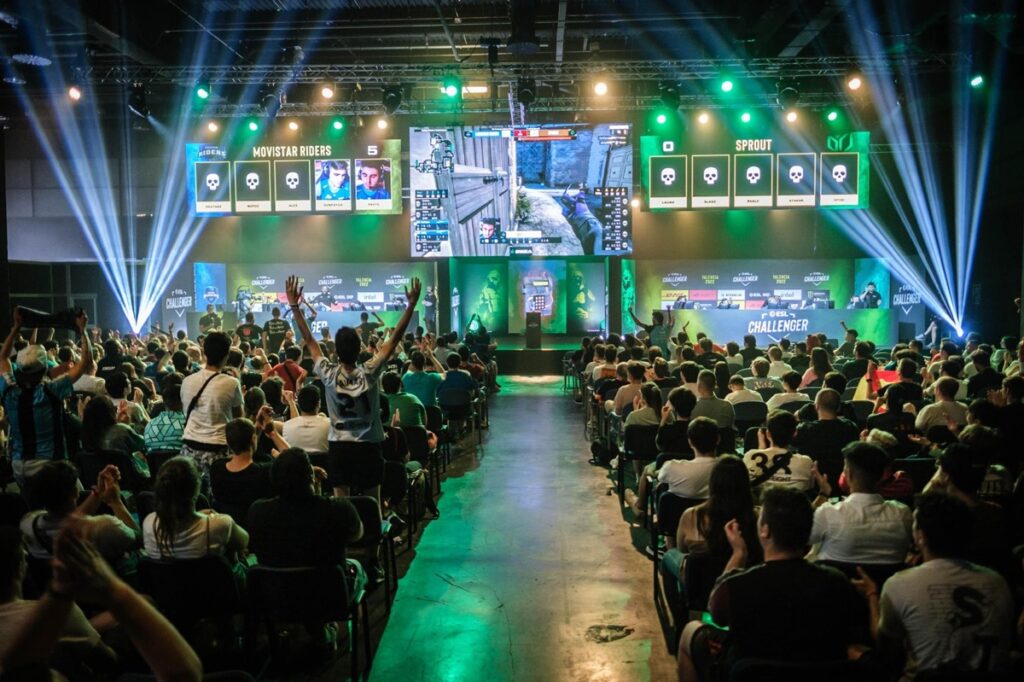
A Platform Built for Organizers, a Community Fueled by Players
What makes Tournova stand out is its commitment to both ease of use and innovation. Esports organizers can fully customize tournament formats, set unique entry conditions using tokens, and manage events end-to-end without extra software or steep learning curves. The integrated token economy also motivates participants, offering organizers more ways to engage their audience with rewards, auctions, and special event access. Whether you’re a veteran crafting your next marquee event or a newcomer building a local scene, Tournova blends the professionalism of established names with the accessibility and creativity needed for tomorrow’s greatest gaming stories.
Final Reflection: The Future of Esports Organizers
Thinking about how much the industry has changed, it sometimes feels like we’re all growing up alongside esports itself. Organizers aren’t just running events; they’re rewriting what entertainment and community can look like in a digital age. From virtual audience experiences and AR trophies to grassroots tournaments popping up on new platforms, the next chapter is only getting more exciting. Whatever role you dream about, pro player, analyst, staffer, or superfan, esports organizers keep the lights on and the stories rolling. If the behind-the-scenes grind excites you even half as much as a championship match, maybe your place is with them. If you’ve ever been to an esports event, shared a clip from Twitch, or even just rooted for a friend’s amateur team, you’ve already felt the impact of great esports organizers. Got your own story? Comment below; let’s keep the conversation going!
Read the hottest in-depth Esports Guides on Tournova.
FAQs
1. How do esports organizers decide which games to feature at events?
Most organizers factor in player popularity, viewership stats, and publisher support. Sometimes, fan votes or emerging trends influence the addition of a new game to the lineup.
2. Can anyone start their own esports tournament, or do you need special permissions?
While community-run events are common, official tournaments for big titles usually require permission or a partnership with the game’s publisher. Always check the game’s terms of service and contact the developer if in doubt.
3. What skills are most valuable if I want to work for an esports organizer?
Event planning, digital marketing, tech troubleshooting, and social media skills are especially helpful. A passion for gaming, teamwork, and being cool under pressure goes a long way.
4. Are there opportunities to work internationally with esports organizers?
Yes! Many companies have global teams and run events worldwide. With remote work growing, you can join teams or projects even if you’re not in the main event city.
